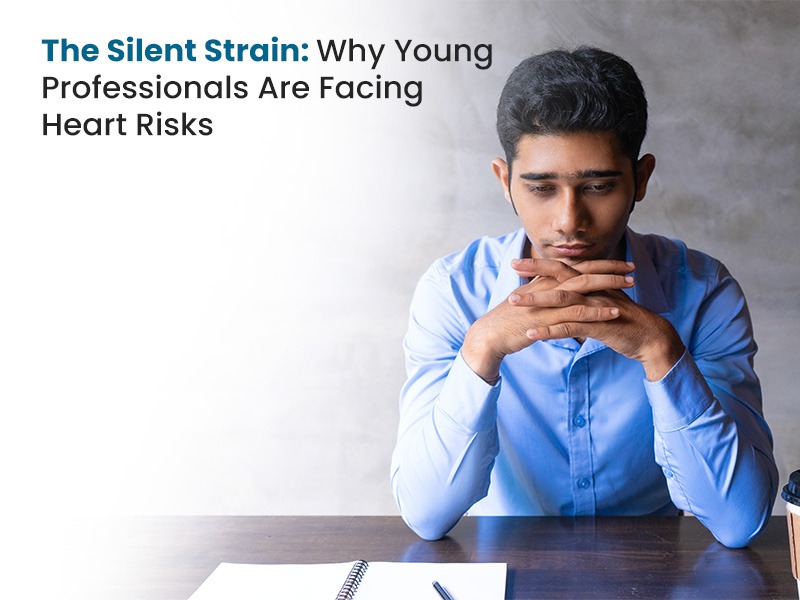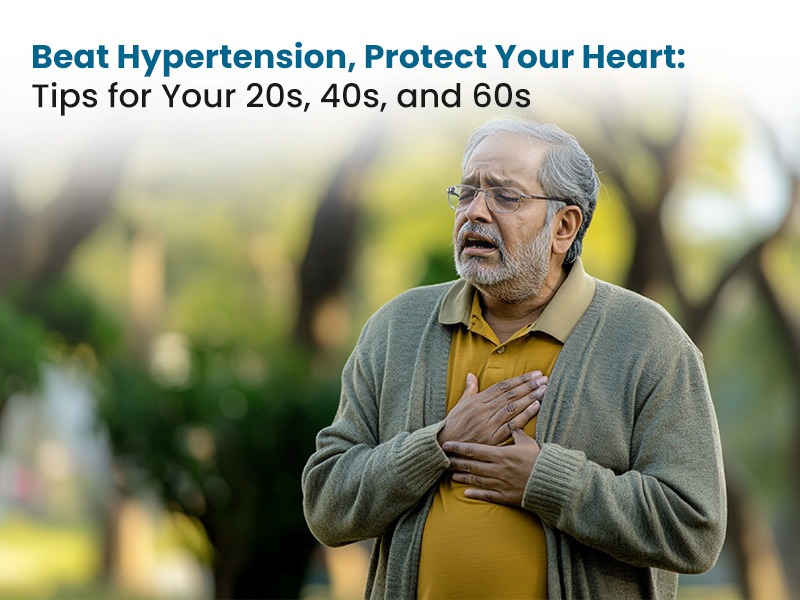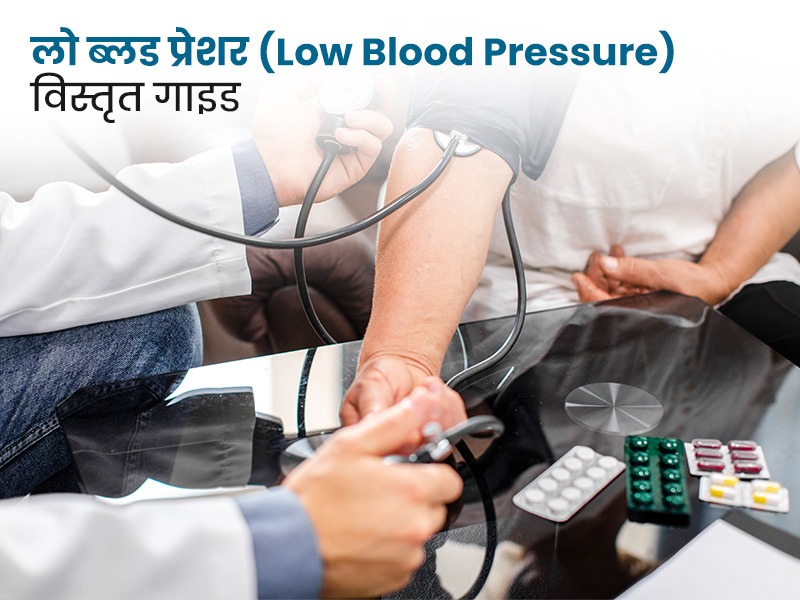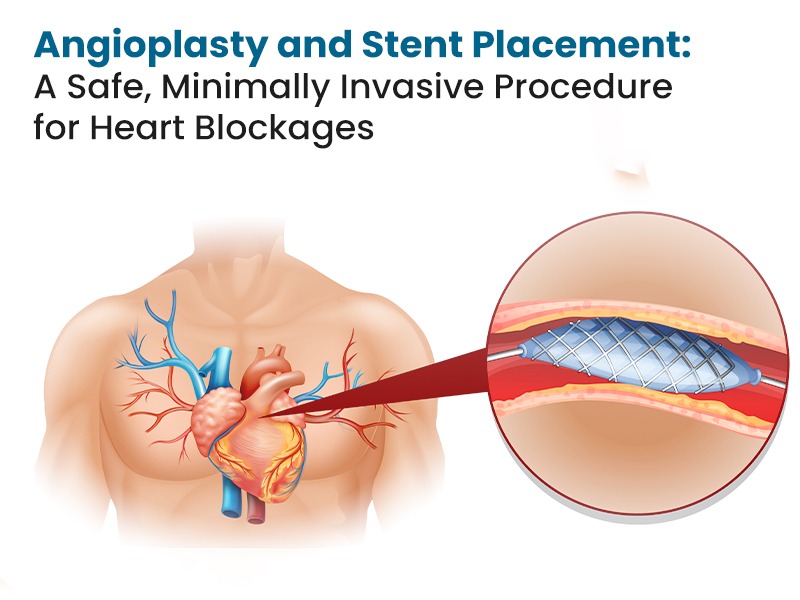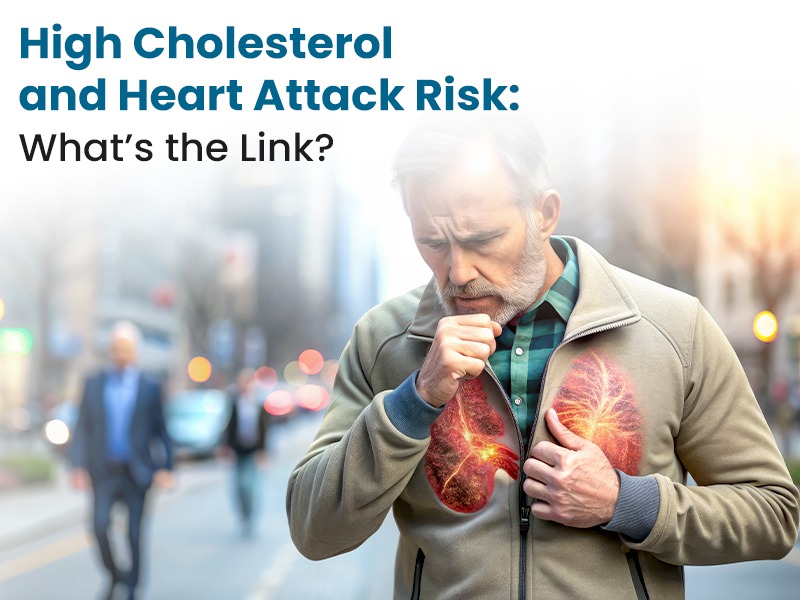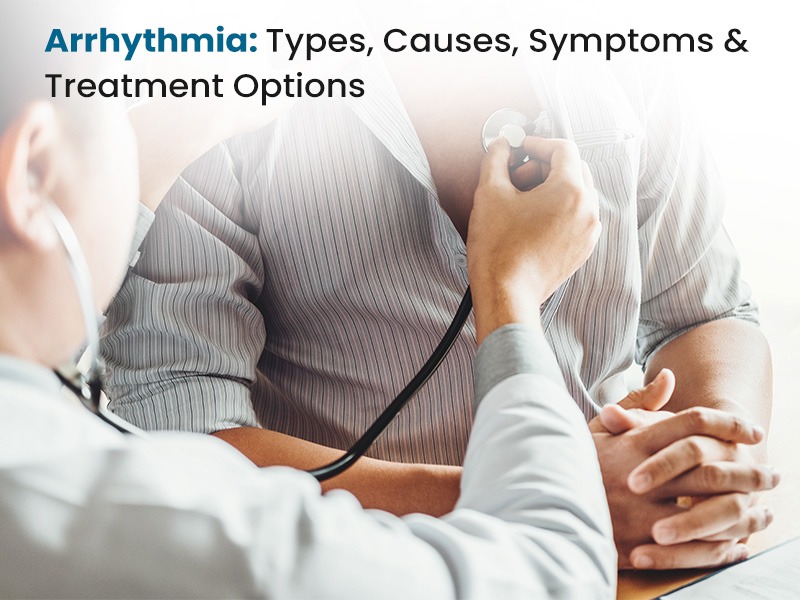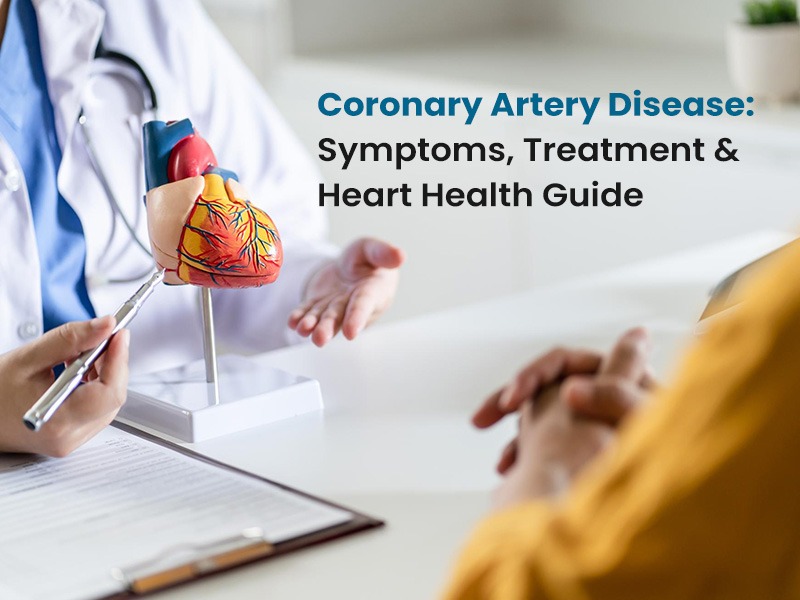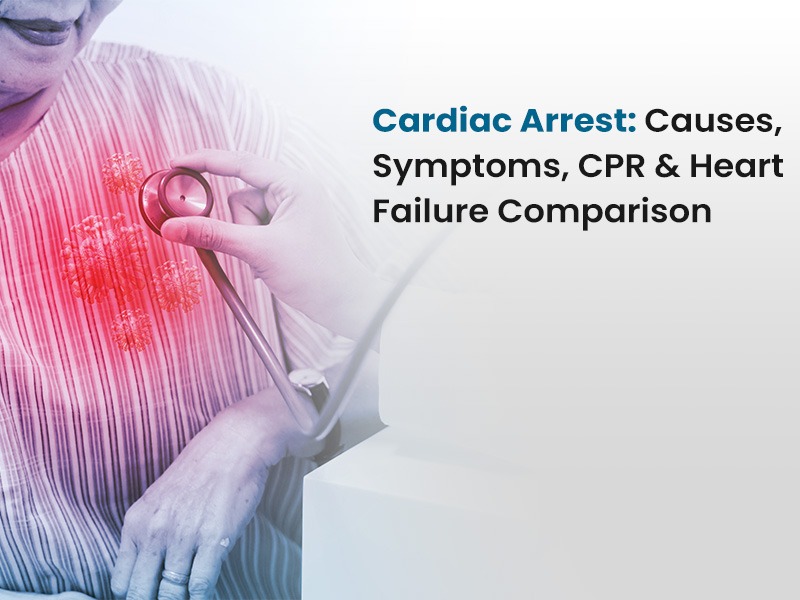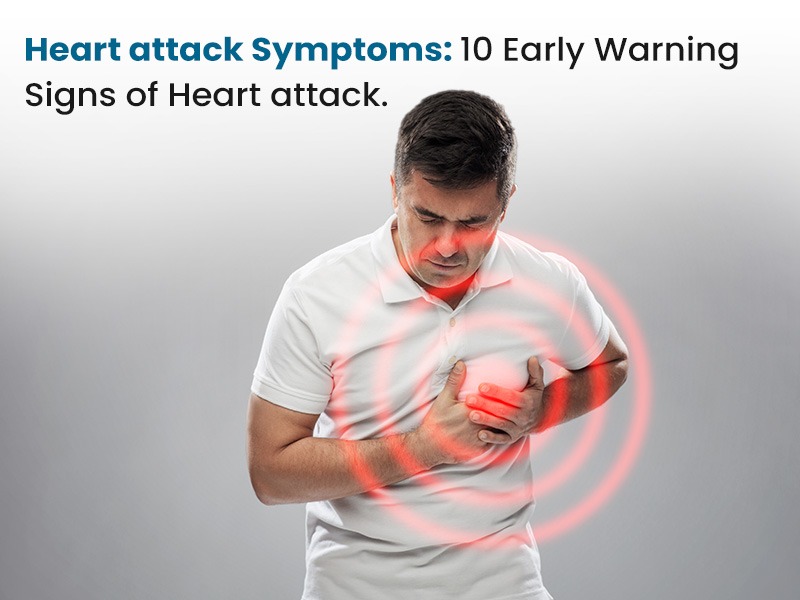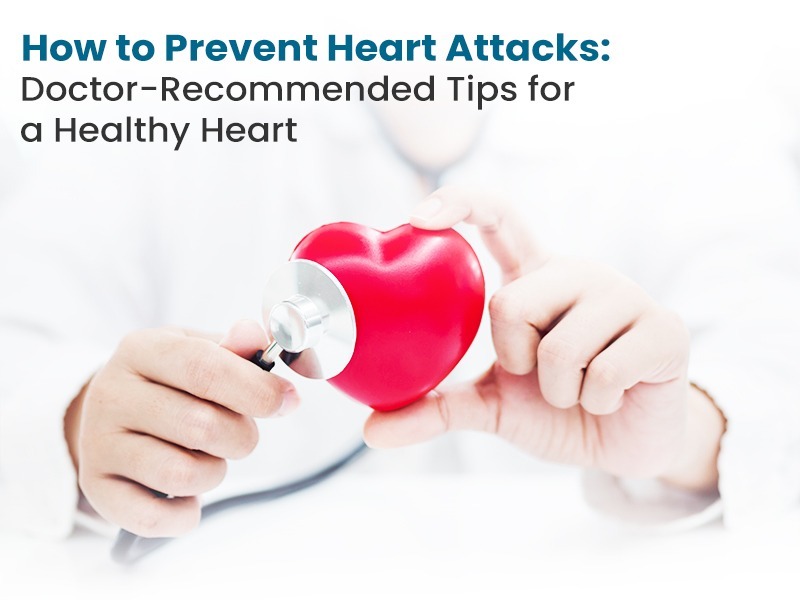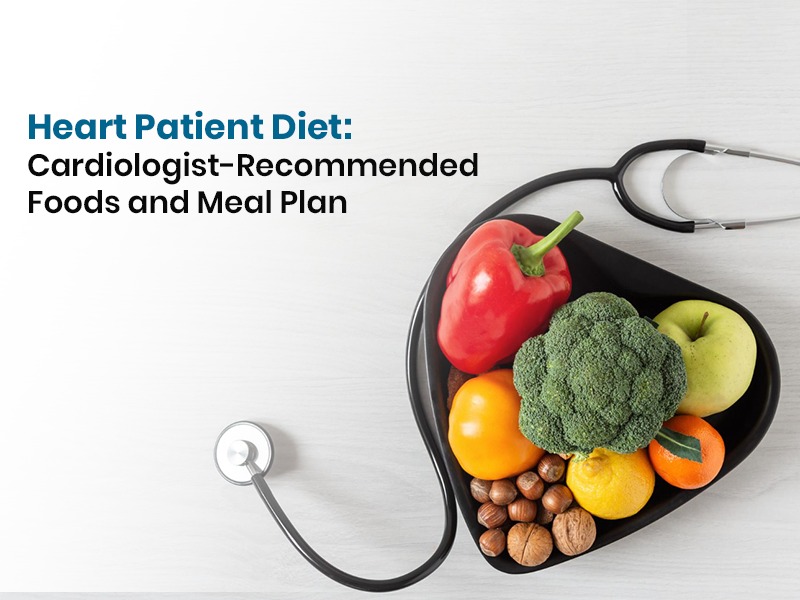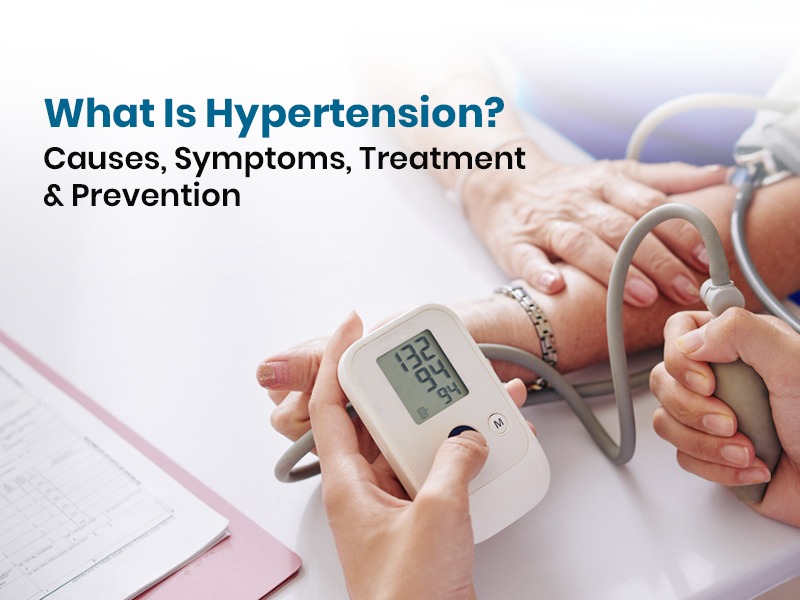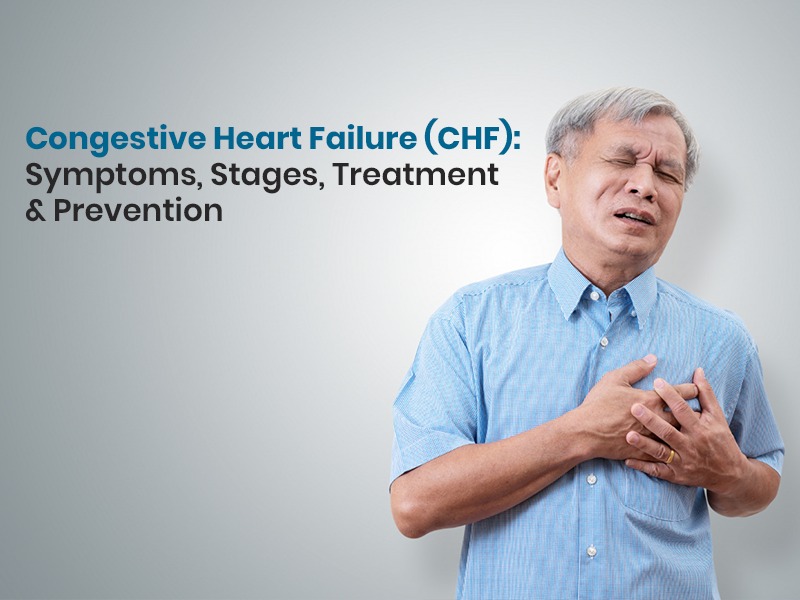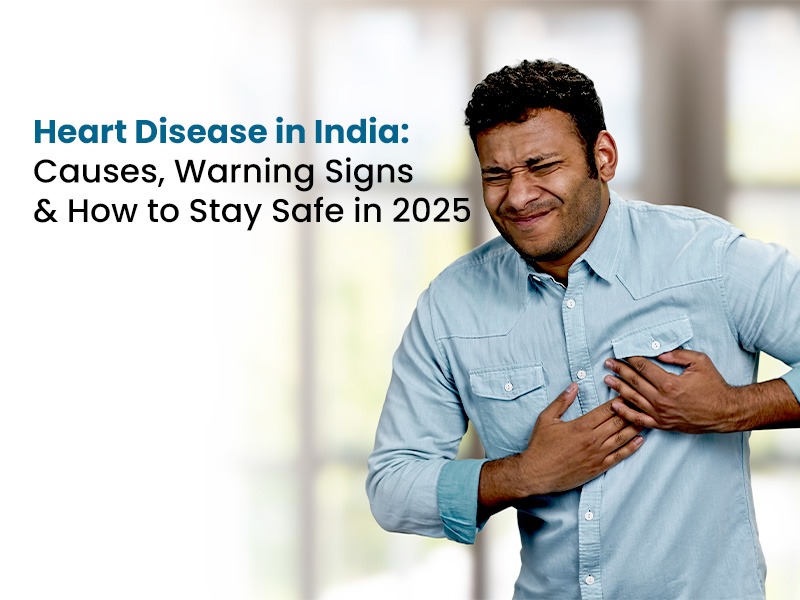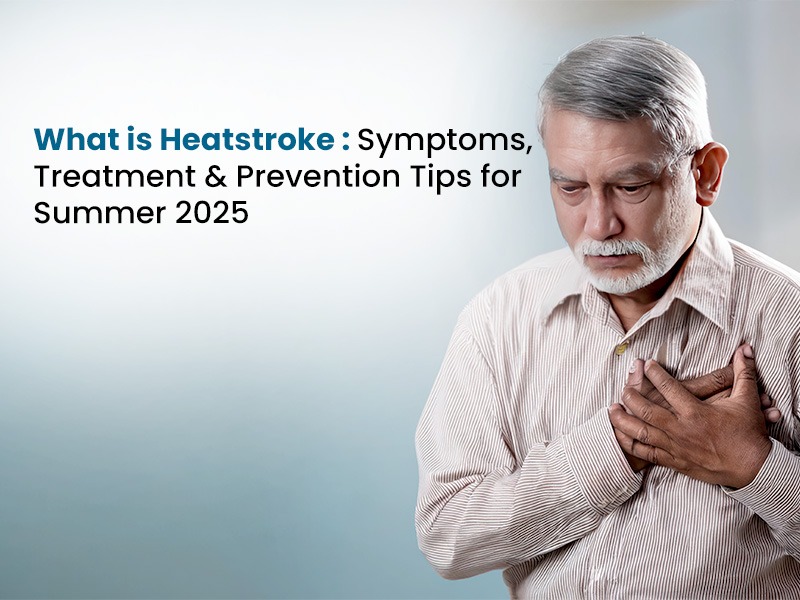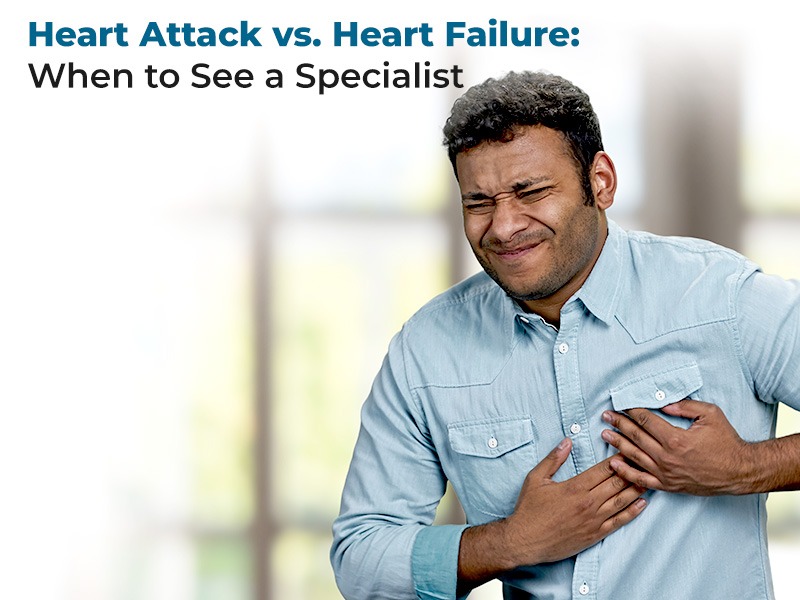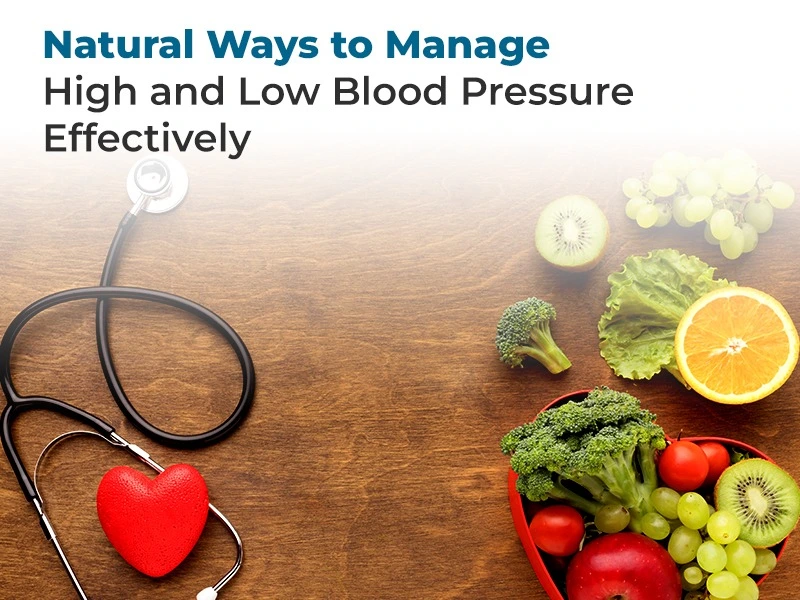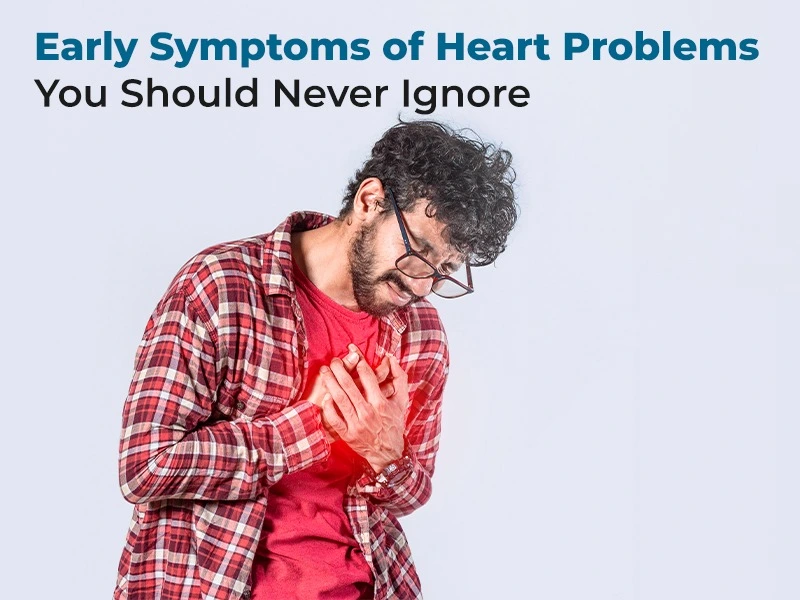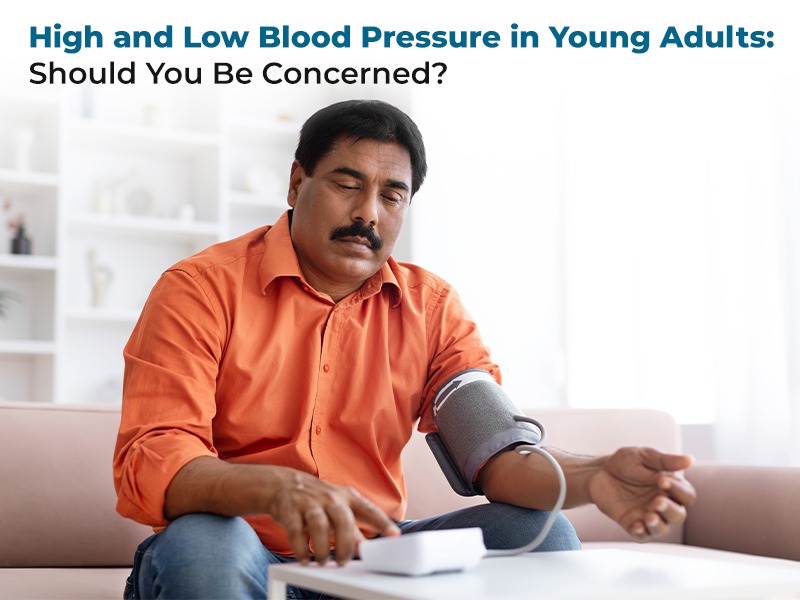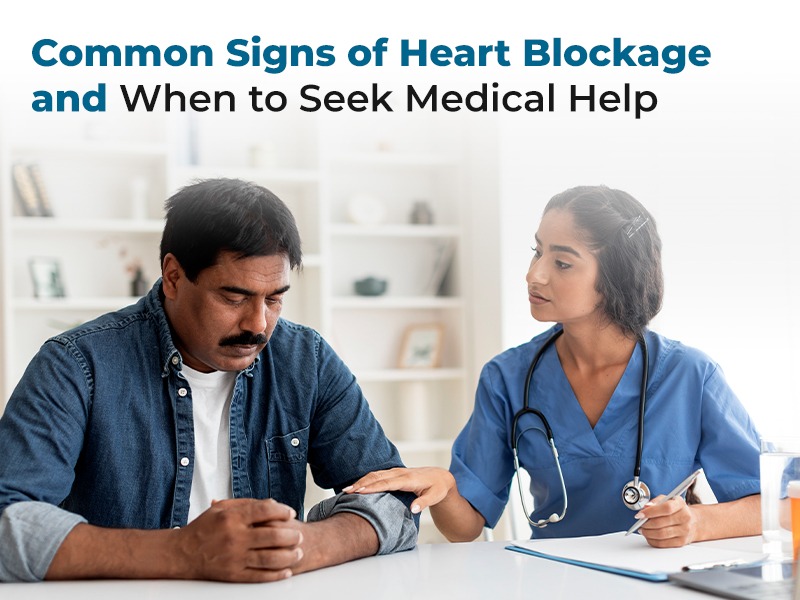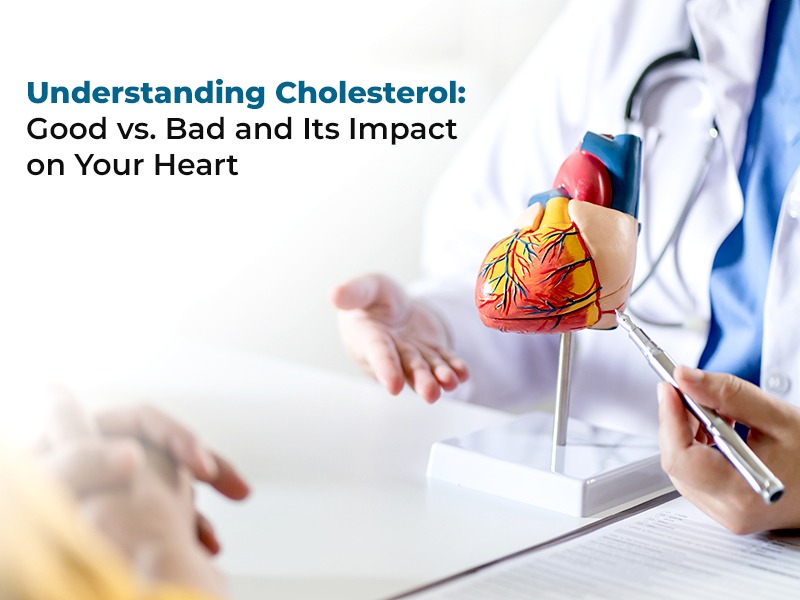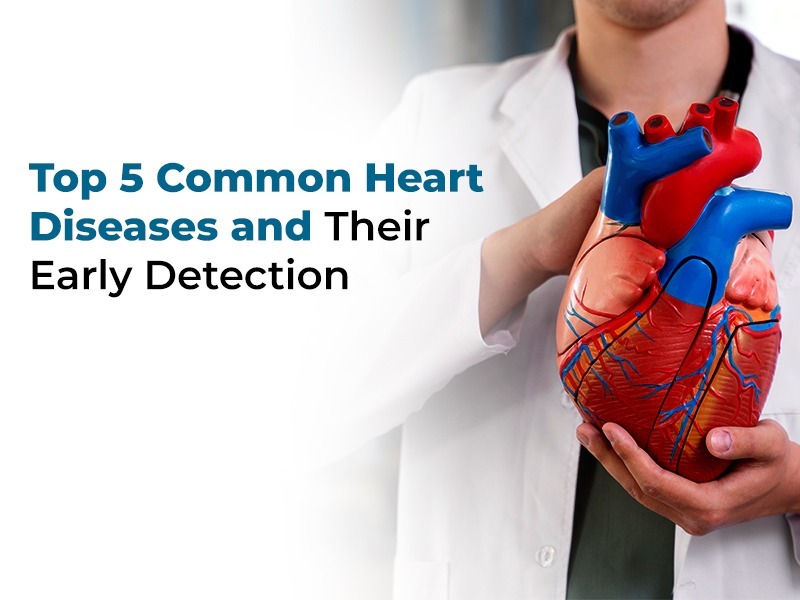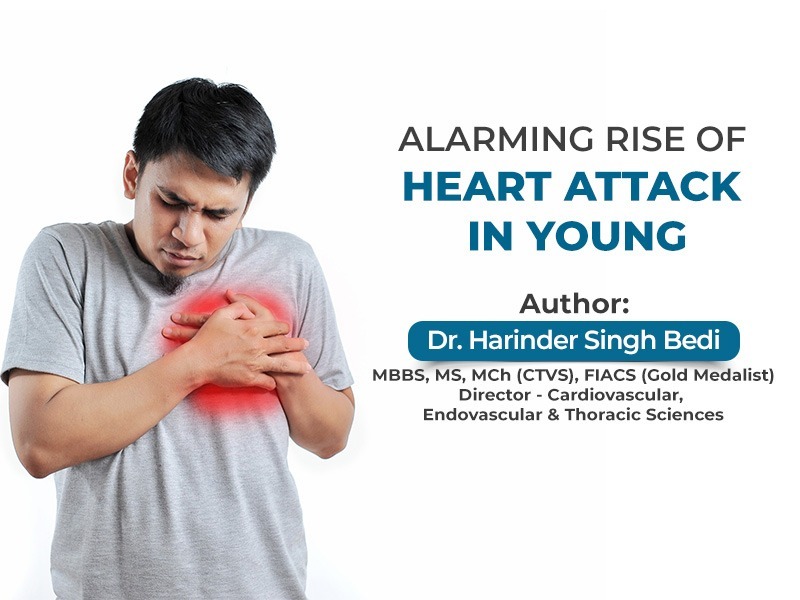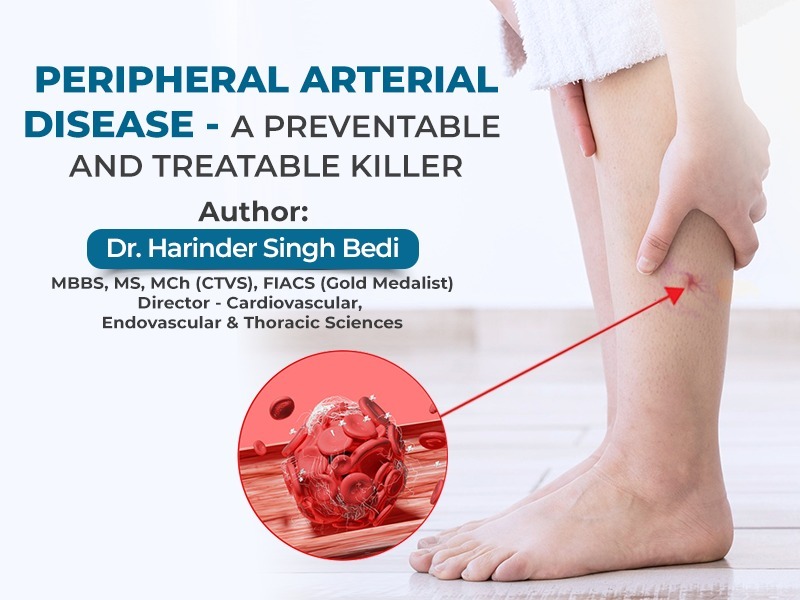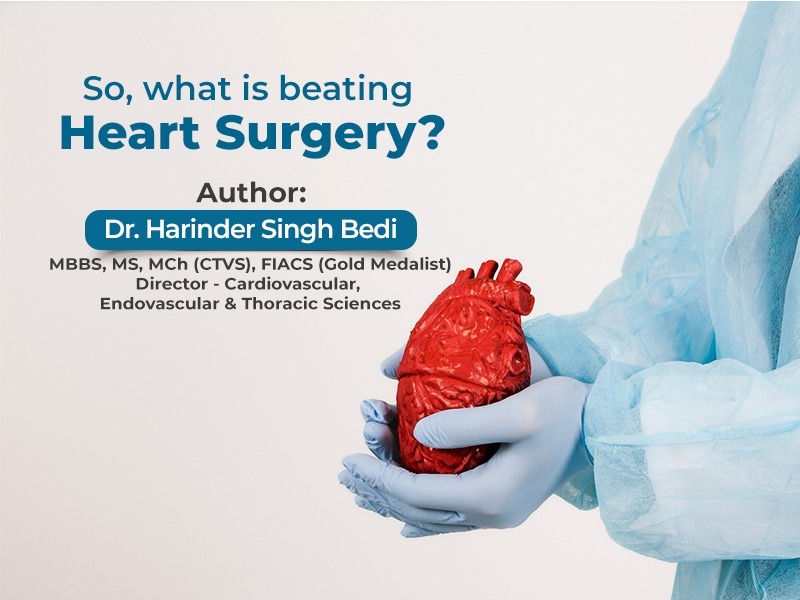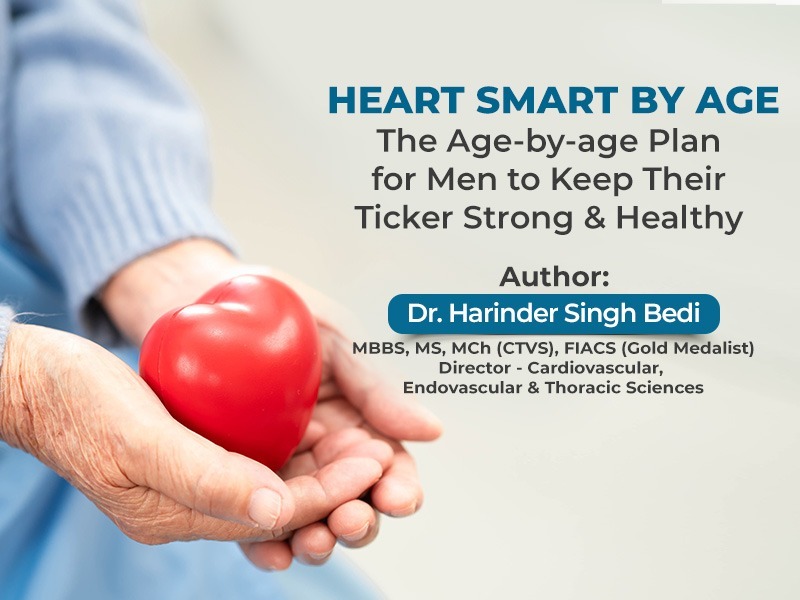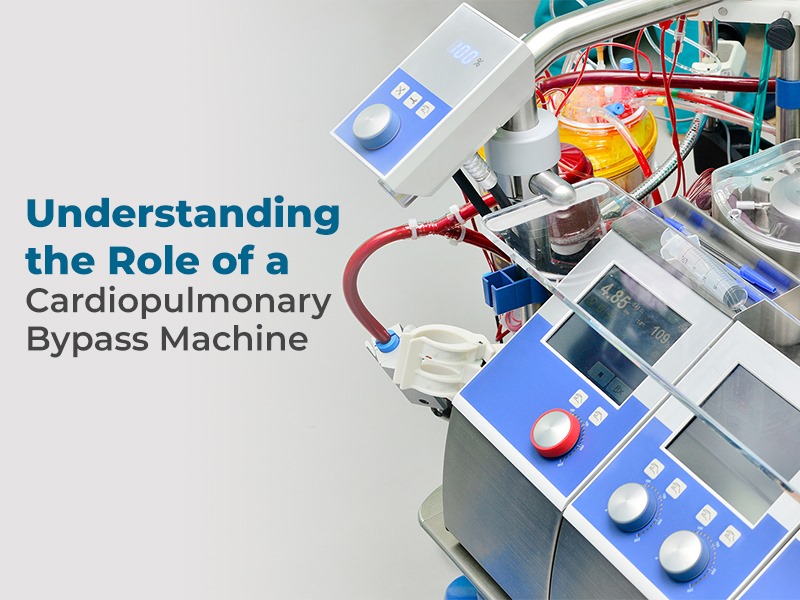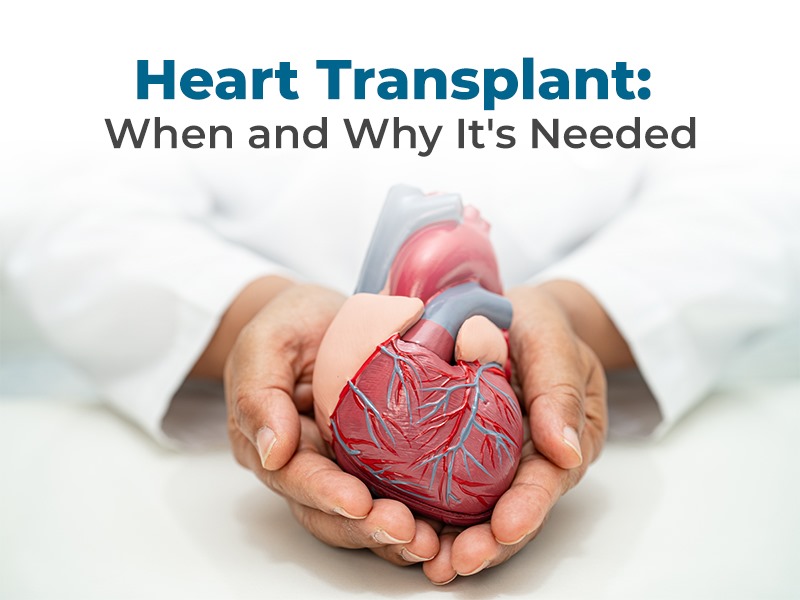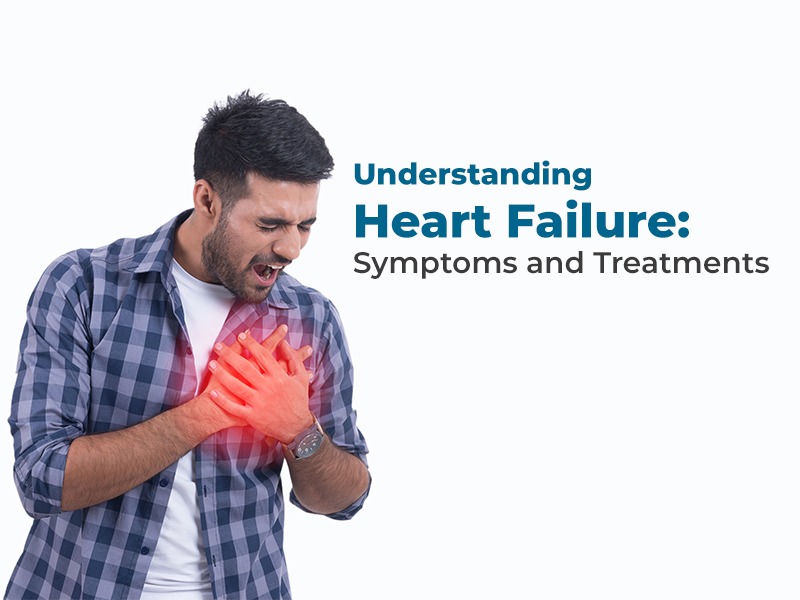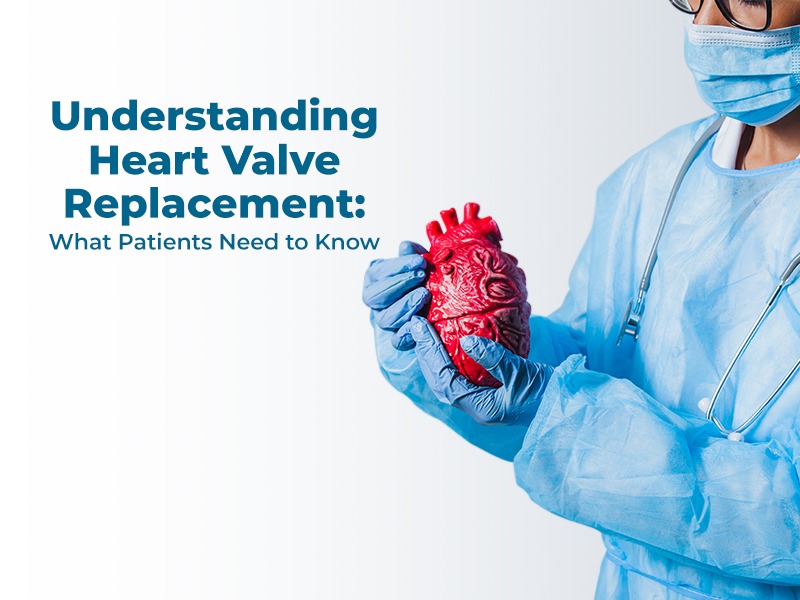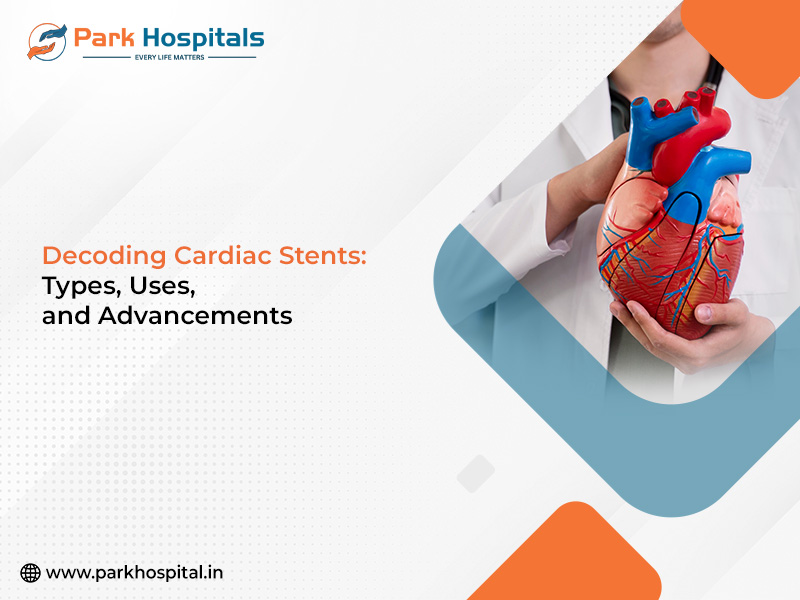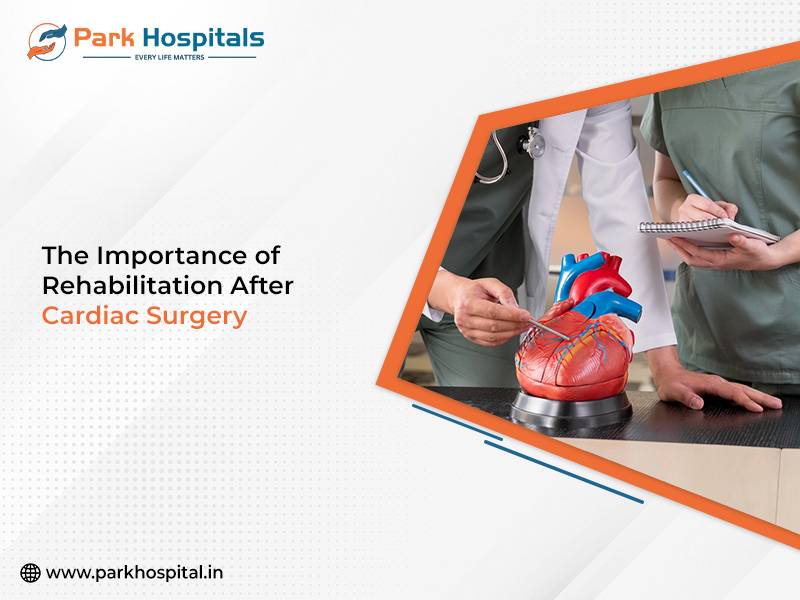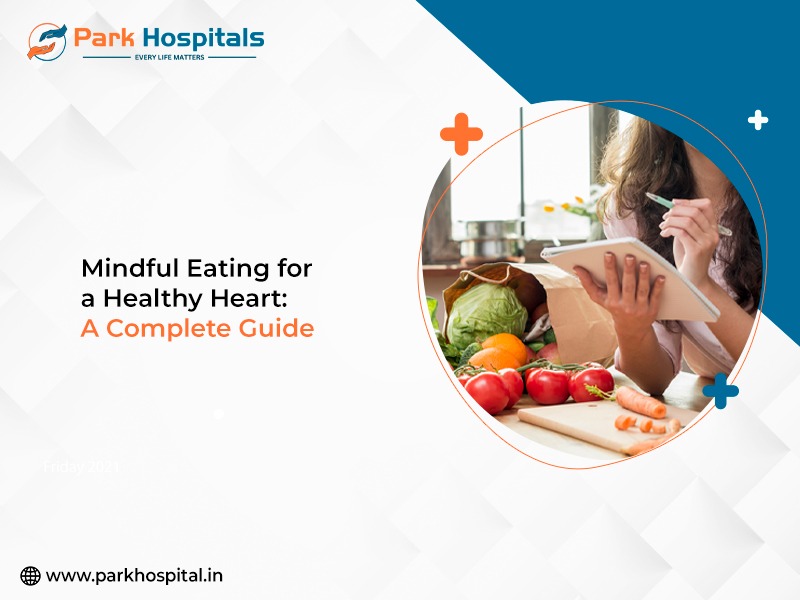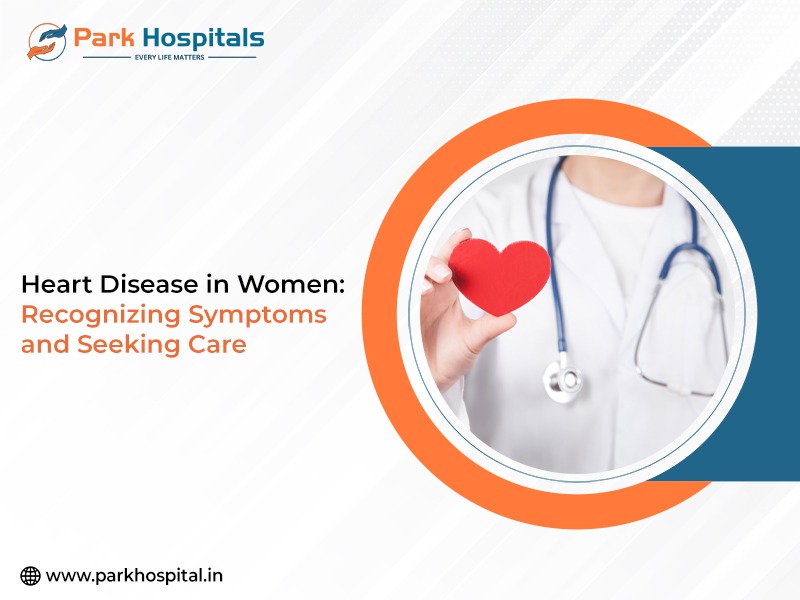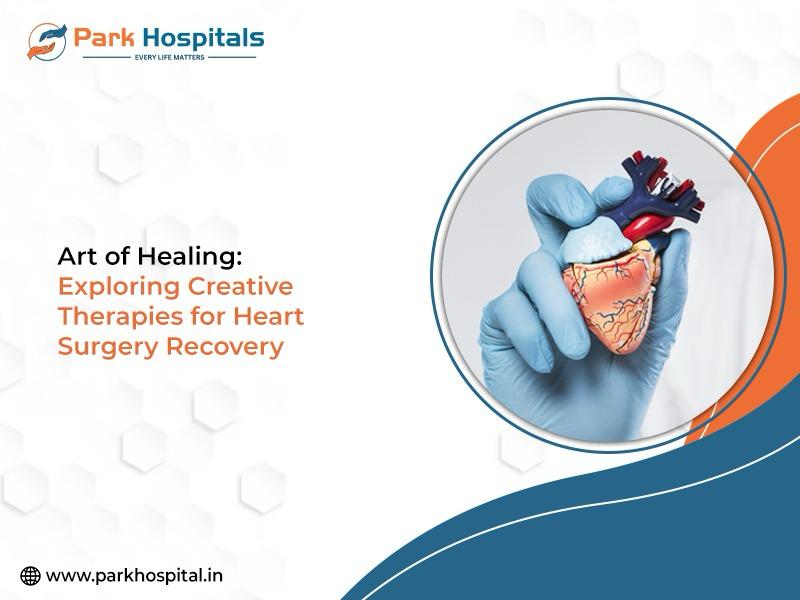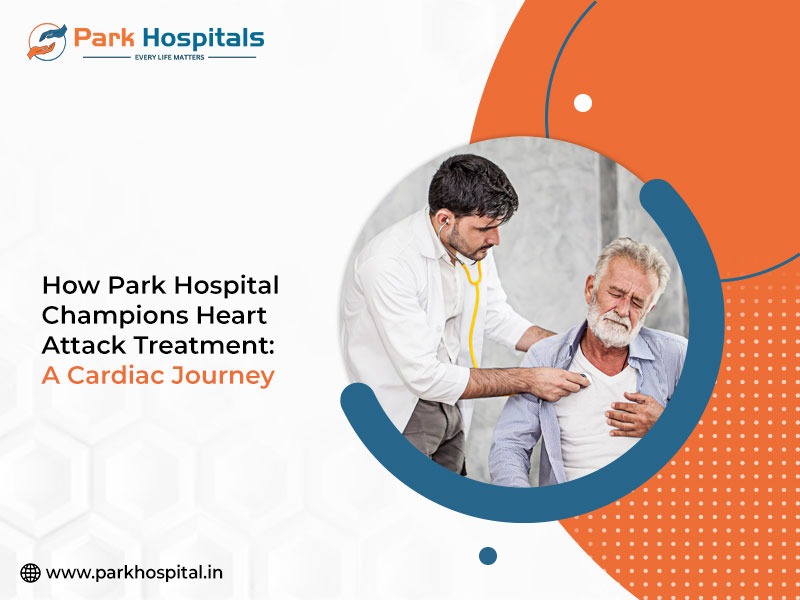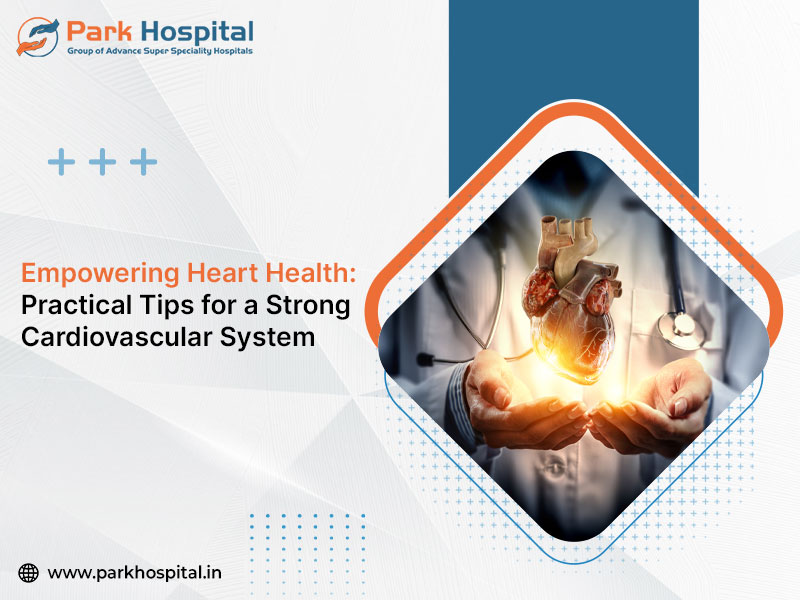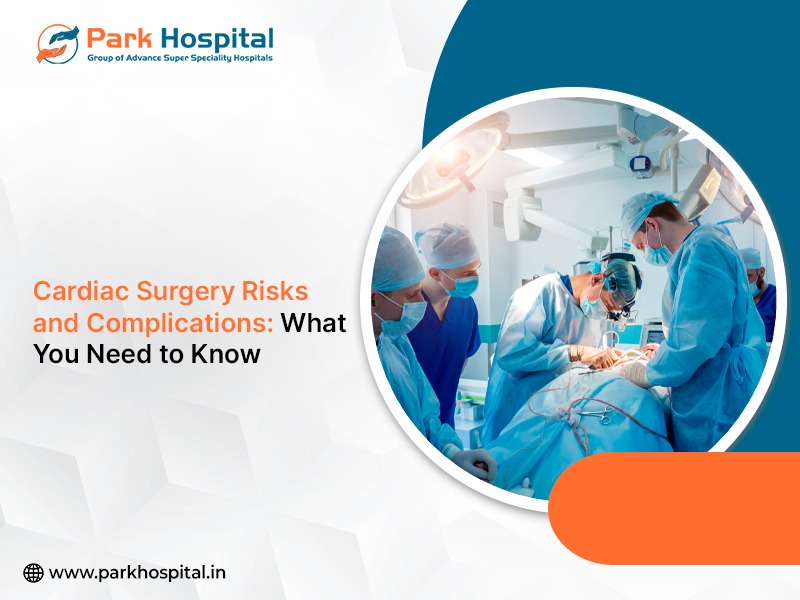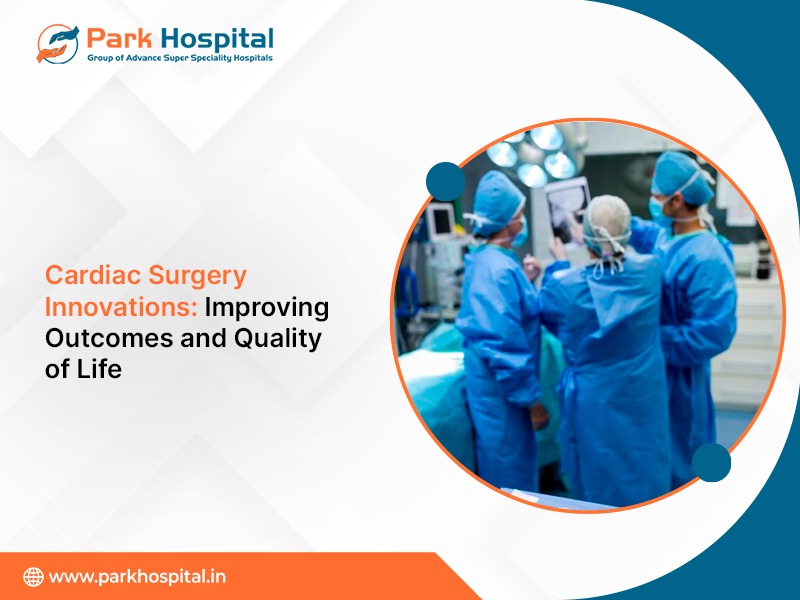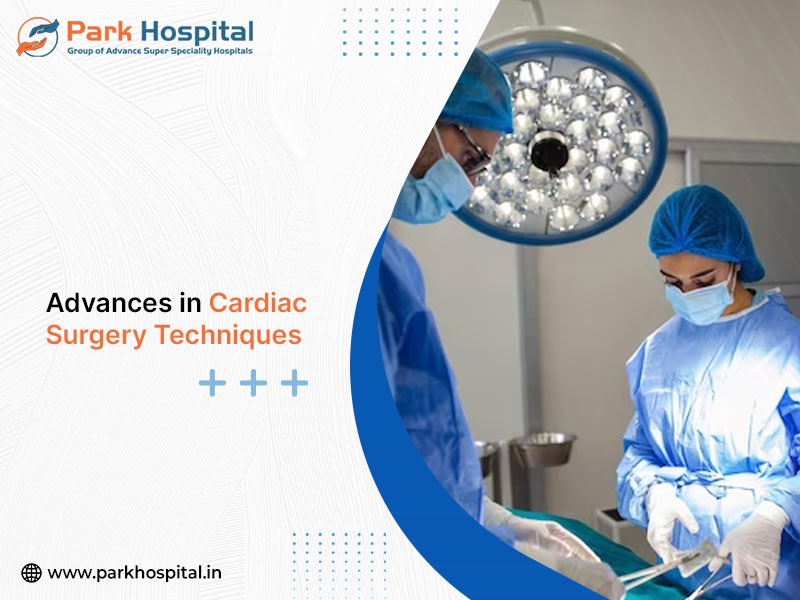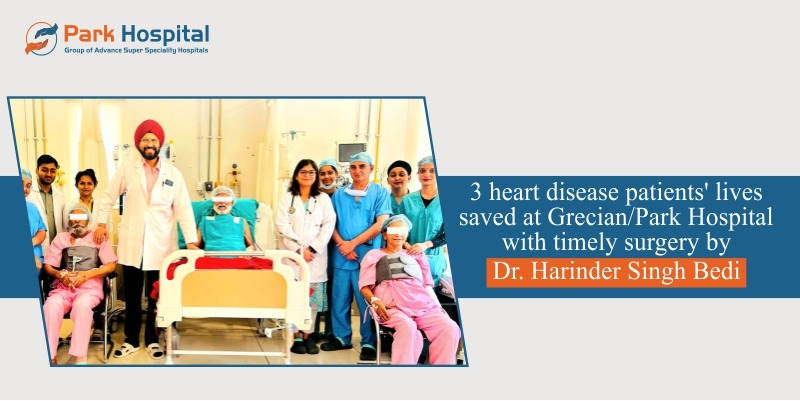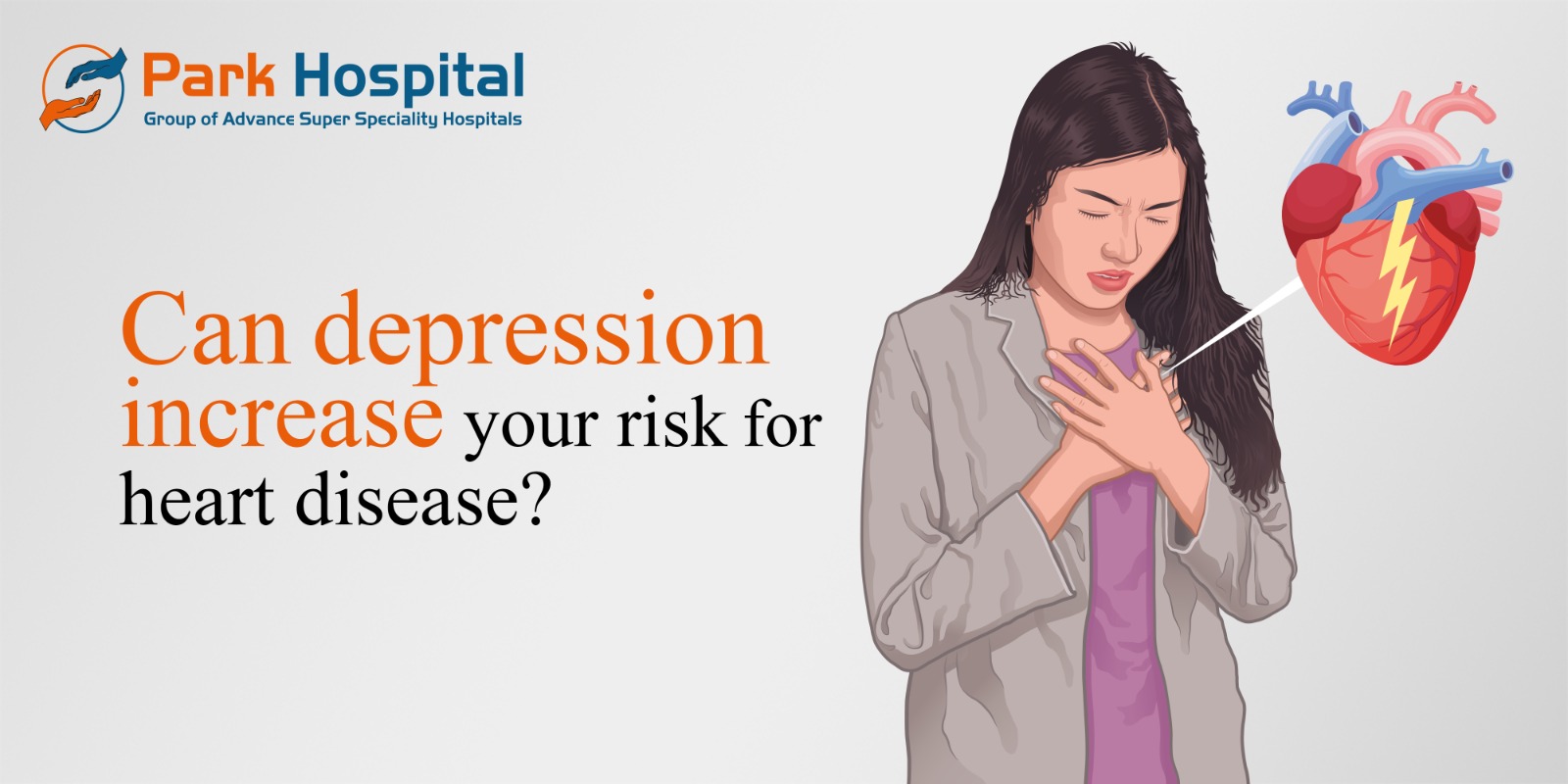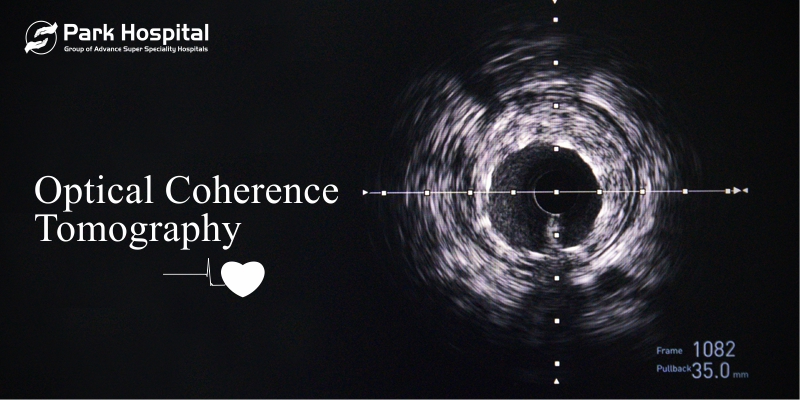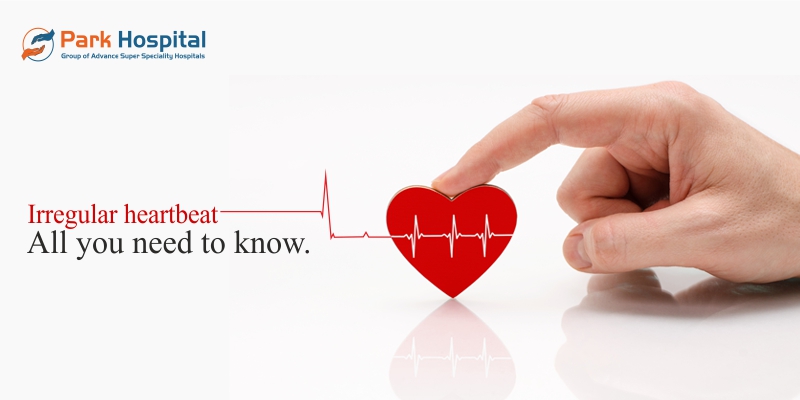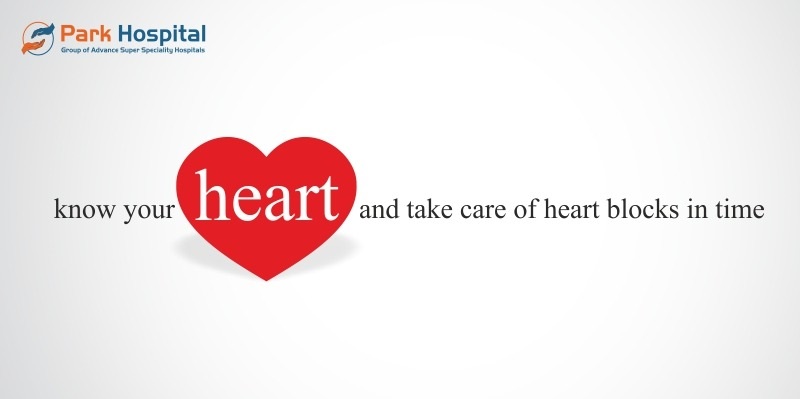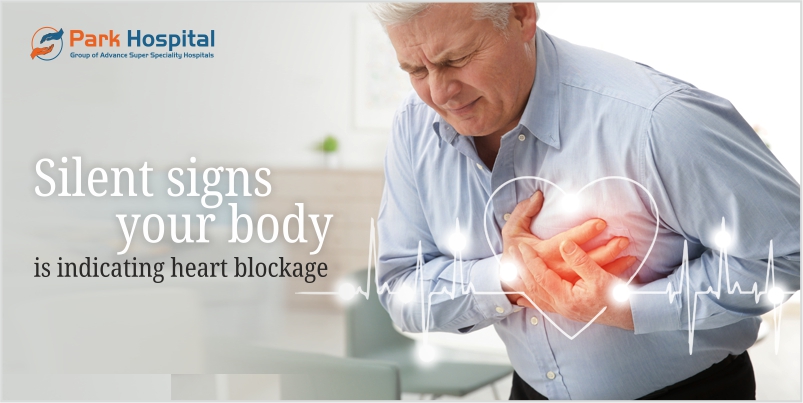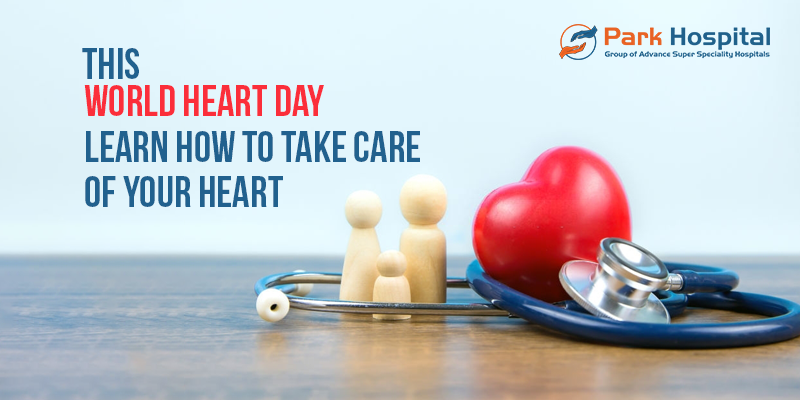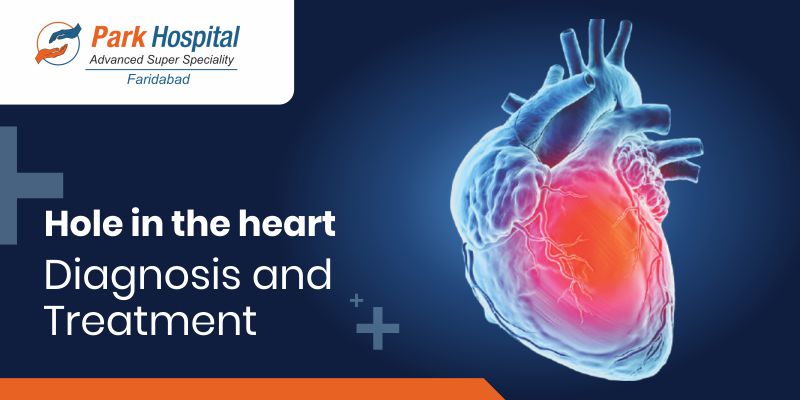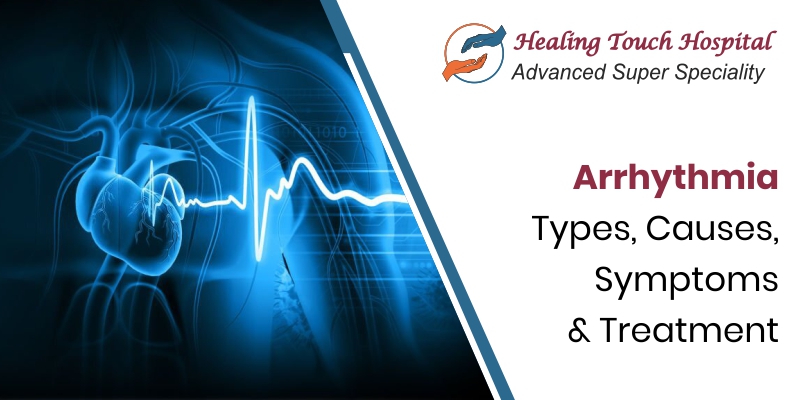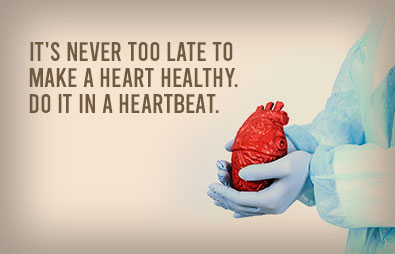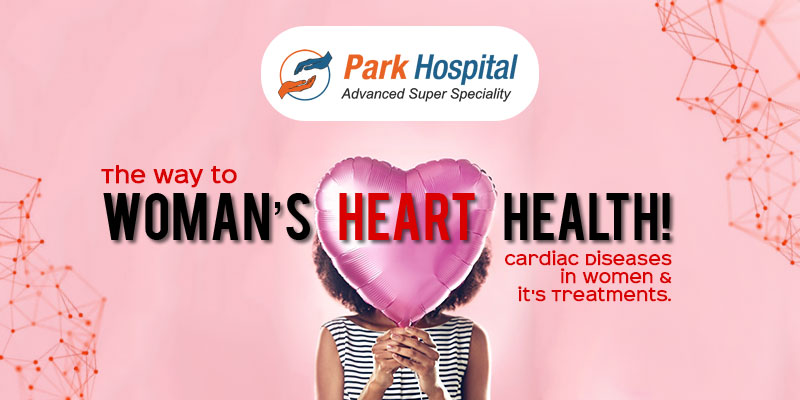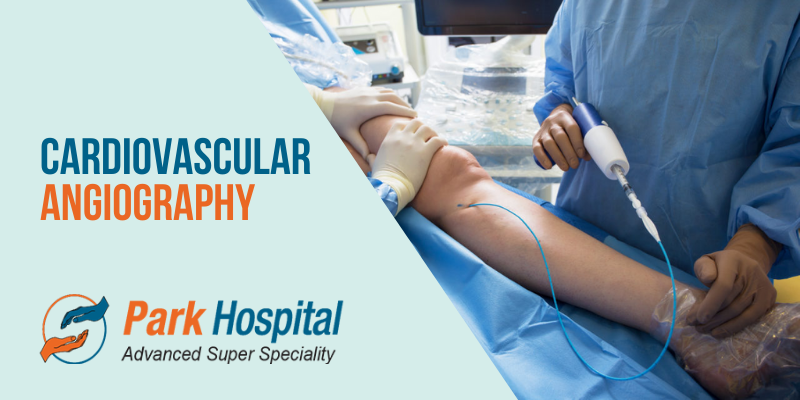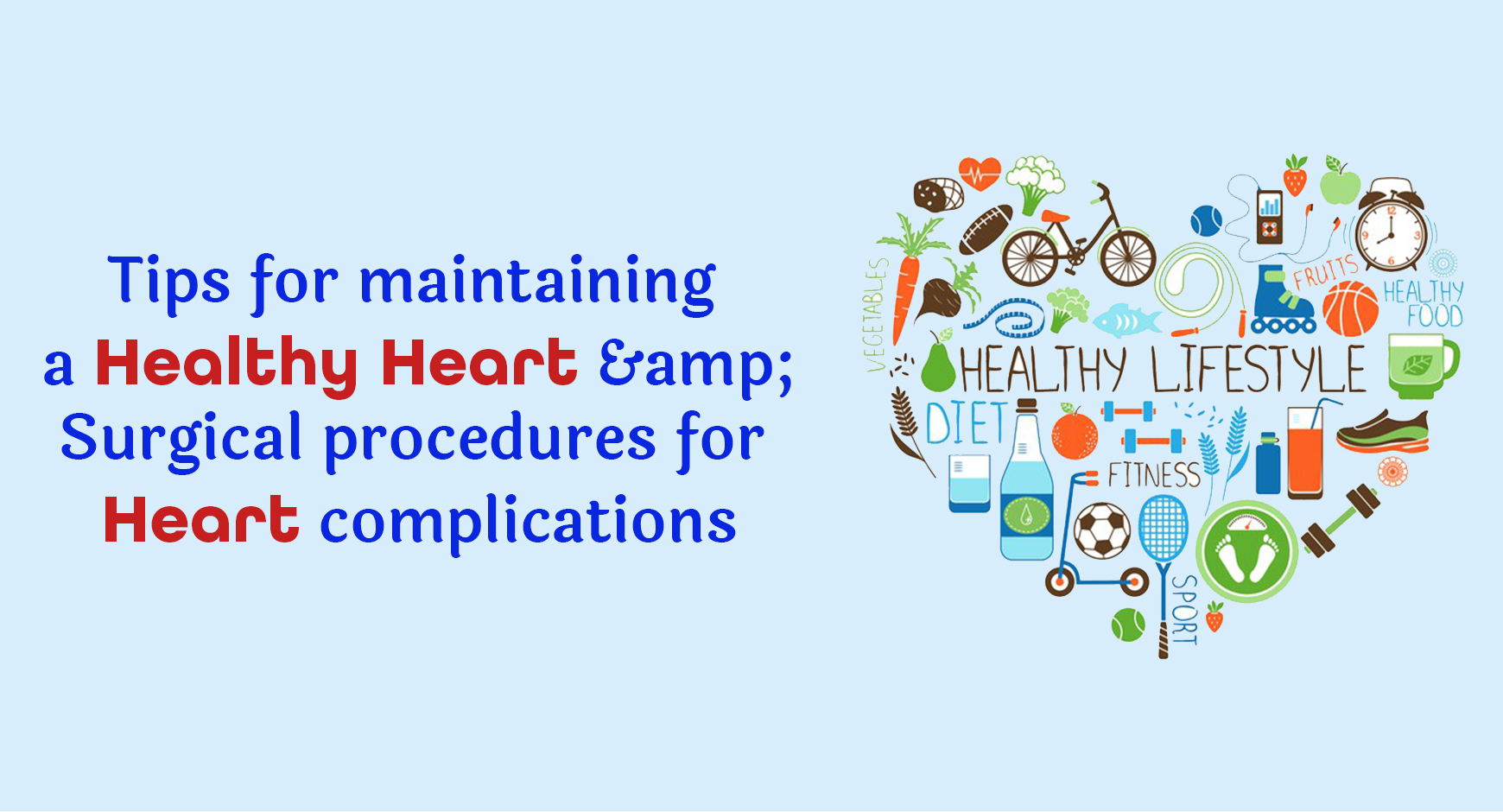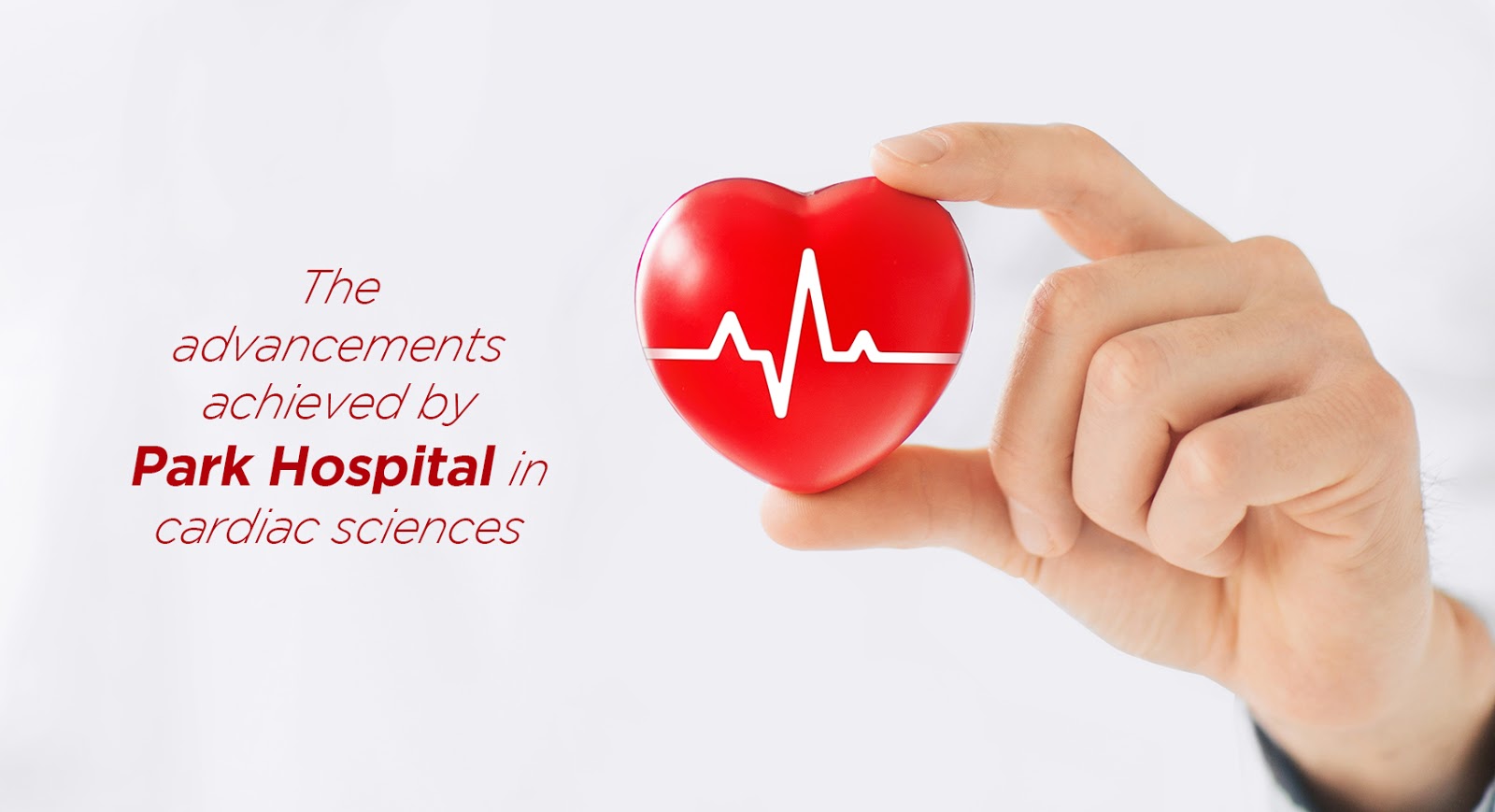Heart problems, be they related to arteries, the heart's valves, rhythm, or muscle function, were always a concern of the latter half of the lives to be taken care of in the retirement years. But that now feels like a tale bygone.
In today's time, this feels like a tale of the past, something ancient, a story from an era long gone. There can be many reasons behind it, but as a young individual, as per the medical experts at the heart hospital in Gurgaon, it is up to you how you work on the risk factors.
Let's understand the rationale behind this change and what steps you can take consciously from your end to not end up like the majority of the young population as far as your heart health is concerned.
Changing Risk Profiles
Traditionally, heart disease has been linked to ageing. However, recent studies and clinical observations show a shift. Young adults, especially those in demanding urban jobs, are experiencing high blood pressure, elevated cholesterol and early signs of heart dysfunction. Some are even facing serious events such as heart attacks or arrhythmias in their 30s.
This change is not only medical but also behavioural. Many young professionals work in high-stress environments, often neglecting sleep, exercise and proper nutrition. The body can compensate for a while. But over time, these habits begin to take a toll.
Contributing Factors
There is rarely a single cause behind rising heart risks. Instead, it is often a combination of factors that quietly strain the cardiovascular system.
1. Chronic Stress
Tight deadlines, high-performance expectations and job insecurity are everyday stressors. While stress is a regular part of life, chronic stress triggers the release of hormones such as cortisol and adrenaline. These increase blood pressure and heart rate, which can harm the heart over time.
2. Sedentary Lifestyle
Many young professionals spend the majority of their day sitting. This includes time in front of a laptop, meetings, or commutes. Lack of physical activity reduces cardiovascular fitness, contributes to weight gain and increases the risk of conditions like type 2 diabetes, which is closely linked to heart disease.
3. Poor Diet Choices
Busy schedules often lead to quick meals, processed snacks or irregular eating patterns. Diets high in salt, sugar, and unhealthy fats raise cholesterol levels and contribute to inflammation in the arteries, according to the heart doctor.
Also Read: Mindful Eating for a Healthy Heart: A Complete Guide
4. Smoking and Alcohol
Increased use of cigarettes, e-cigarettes and regular alcohol consumption can harm blood vessels and strain the heart. While some use these to cope with stress, the long-term effects on cardiovascular health are significant.
5. Sleep Deprivation
Late nights, early meetings, and screen time can interfere with sleep quality. Poor sleep is associated with a higher risk of hypertension, insulin resistance and irregular heart rhythms.
6. Ignored Warning Signs
Many young people assume heart issues only occur later in life. As a result, early warning signs like chest discomfort, shortness of breath, fatigue or palpitations are often ignored. This can delay diagnosis and treatment.
The Role of Work Culture
Work culture plays a powerful role in shaping daily habits. In some industries, long hours are normalised and taking breaks may be seen as a lack of commitment. Employees may feel pressured to stay online late, respond instantly and push through tiredness.
Over time, this environment can lead to burnout. While burnout is often discussed in relation to mental health, it also has physical consequences. When the body is constantly under pressure, recovery becomes hidden and challenging damage may occur.
Organisations have started to recognise the value of employee wellbeing. Yet, the shift is still taking place. Until work culture becomes more supportive of balance, many young professionals will continue to place their health at risk, often without realising it.
Understanding Early Heart Symptoms
Not all heart problems present with intense chest pain. In younger adults, symptoms may be more subtle and easy to overlook. These can include:
● Unexplained fatigue during routine tasks
● Shortness of breath when climbing stairs
● A feeling of tightness or pressure in the chest
● Light-headedness or fainting
● A racing or irregular heartbeat
● Swelling in the legs or feet
The heart doctor at Park Hospital explains that signs do not always point to heart disease. However, they do suggest that something may need medical attention. A simple health check can identify early changes and guide the next steps.
What Can You Do From Your End?
It is true that not all heart risks are modifiable, but the majority are. Taking small, practical steps each day can go a long way towards protecting cardiovascular health.
1. Move Regularly
Aim to break up prolonged sitting periods with short walks or stretches. Even 30 minutes of walking per day can make a difference. If time is short, try short bursts of movement throughout the day.
2. Eat Mindfully
Focus on whole foods, fresh fruit, vegetables and healthy fats. Preparing meals at home when possible allows better control over ingredients and portion sizes.
3. Manage Stress
Identify small ways to unwind. This may include breathing exercises, journalling, hobbies or even short breaks during the workday. Mental health and heart health are closely linked.
4. Prioritise Sleep
Try to keep a consistent sleep routine and create a calming space at bedtime. Avoid screens for at least 30 minutes before sleep to improve restfulness.
5. Limit Harmful Habits
Cutting back on alcohol, avoiding tobacco and limiting caffeine are all helpful in supporting a healthy heart.
6. Get Regular Health Checks
Blood pressure, cholesterol, and blood sugar levels should be checked regularly. This is especially important if there is a family history of heart disease. Early detection allows for timely action.
Looking Ahead
The idea that heart disease is only an issue in older adults no longer holds true. The silent strain of modern life is placing many young professionals at risk. Often, this happens without explicit warning. By listening to the body, making small lifestyle shifts and recognising the value of preventive care under the supervision of a heart surgeon at Park Hospital, it is possible to stay ahead of these risks.
Taking steps today, even if they seem minor, can help avoid serious complications in the future. In the race to meet goals and grow careers, your health deserves just as much attention.
Frequently Asked Questions
1. Can young professionals really get heart disease?
You might think heart problems are just for older folks, but that's changing fast. If you're working long hours, not getting enough sleep, or eating junk food, you're putting your heart at risk – and it's happening earlier than ever. It's time to take your heart seriously, even in your 20s and 30s.
2. What happens to my heart when I'm stressed all the time?
Stress isn't just something that affects your mind – it messes with your heart, too. When you're stressed, your heart rate goes up, your blood pressure spikes and your arteries take a hit. Over time, that constant pressure at work and life can damage your cardiovascular system. It's not just tiring – it's dangerous.
3. Are heart problems in young adults different from older people?
Yes, they are. In younger people, heart issues can sneak up on you with vague symptoms like feeling tired all the time or getting winded quicker than usual. It's easy to brush these off as part of the grind, but they might be early signs of heart trouble. Stay alert – don't wait until it's too late.
4. Does my job play a part in all of this?
Absolutely. If your work is stressful, you're probably sitting more than you should and eating on the go. This all creates a perfect storm for heart issues. A work culture that pushes you to burn the candle at both ends can seriously affect your heart health. It's about time workplaces started promoting balance – your heart will thank you.
5. What small changes can I make to protect my heart?
Good news: you don't need to turn your life upside down to protect your heart. Just start with little changes: go for a walk after lunch, swap that sugary snack for something healthier, meditate for 10 minutes, and get a good night's sleep. These small steps add up over time and keep your heart in good shape.

